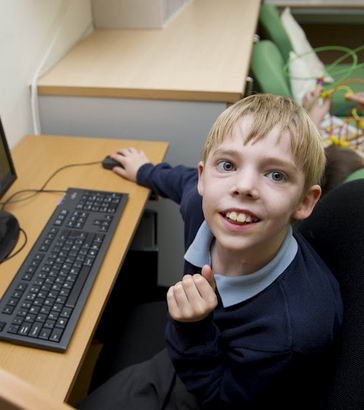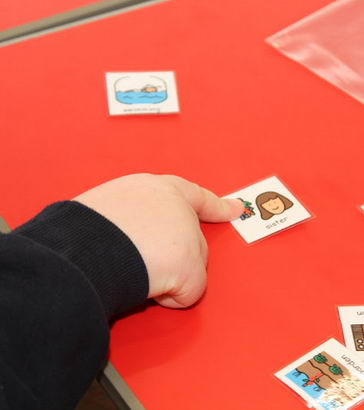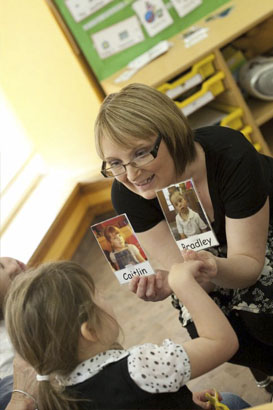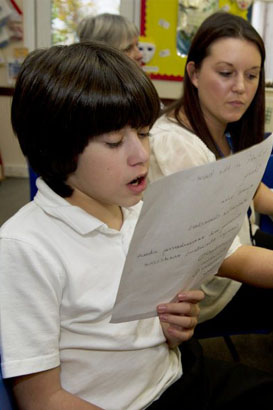
Memory has an important role in social, emotional and cognitive development. Our memories form the basis
for our sense of self, guide our thoughts and decisions, influence our emotional reactions, and allow us to learn. As such,
memory is central to cognition and cognitive development.
Bauer and Pathman, 2008
In childhood, memory becomes more reliable as the brain develops. Young children:
- May not remember experiences, especially if they don't understand them;
- Concentrate on remembering routines which make their world predictable;
- Remember distinctive events;
- Retain memories of activities with a simple sequence and a clear goal (eg giving teddy a bath).
(Goswami and Bryant, 2007)

Memory recall begins to develop in children in their first and second years. Bauer (2006) found that:
- Six months: babies remember actions for 24, but not 48, hours;
- 9 months: babies remember for one month but not three months;
- 20 months: babies remember for one year.
Parents and teachers can support children to form more organised and detailed memories. This can be done at a level the child understands by:
- Talking with them about what they remember;
- Adding or prompting for more details;
- Relating the memories to other experiences the child has had;
- Affirming what they remember correctly, and encouraging adjustment if needed.
If children are not supported in this way, they tend to recall less about the past. Talking about events at the time they happen is important for long-term memory.
(Goswami and Bryant, 2007)

Developments in [higher level thinking] and executive function tend to be associated with language development,
the development of working memory (which enables multiple perspectives to be held in mind) and nonverbal ability...
Goswami and Bryant, 2007
From babyhood and toddlerhood, children learn and reason using the same basic strategies that adults use. However, their knowledge base, ability to reflect on their thinking, and self-regulation develops over time (Goswami and Bryant, 2007).
The primary years are important for developing higher level thinking and executive function
in children.
Higher level thinking involves:
- Knowing their own information-processing skills;
- Monitoring of their own performance;
- Knowing how to approach different tasks.
Executive function refers to:
- Gaining strategic control over mental processes;
- Inhibiting certain thoughts, feelings
and behaviours; - Using strategies to self-regulate (eg emotion, anxiety).
(Goswami and Bryant, 2007)

Adults can improve young children's learning and memory by supporting them to:
- Develop inhibitory control;
- Know how they learn;
- Reflect on how they learn;
- Recognise when they do not understand, and know how to ask for guidance;
- Evaluate how effective their strategies and outcomes are;
- Choose the right strategies for different tasks.
(Goswami and Bryant, 2007)

Bauer, P.J. (2006) Constructing a past in infancy: a neuro-developmental account, Trends in Cognitive Sciences, 10 (4), 175-181.
Bauer, P.J. and Pathman, T. (2008) Memory and Early Brain Development. In: Tremblay, R.E., Barr, R.G., Peters R. DeV. and Boivin, M. (eds) Encyclopedia on Early Childhood Development (online). Montreal, Quebec: Centre of Excellence for Early Childhood Development.
Goswami, U. and Bryant, P. (2007) Children's Cognitive Development and Learning. London: Esmée Fairbairn Foundation/University of Cambridge (accessed 12.1.12).